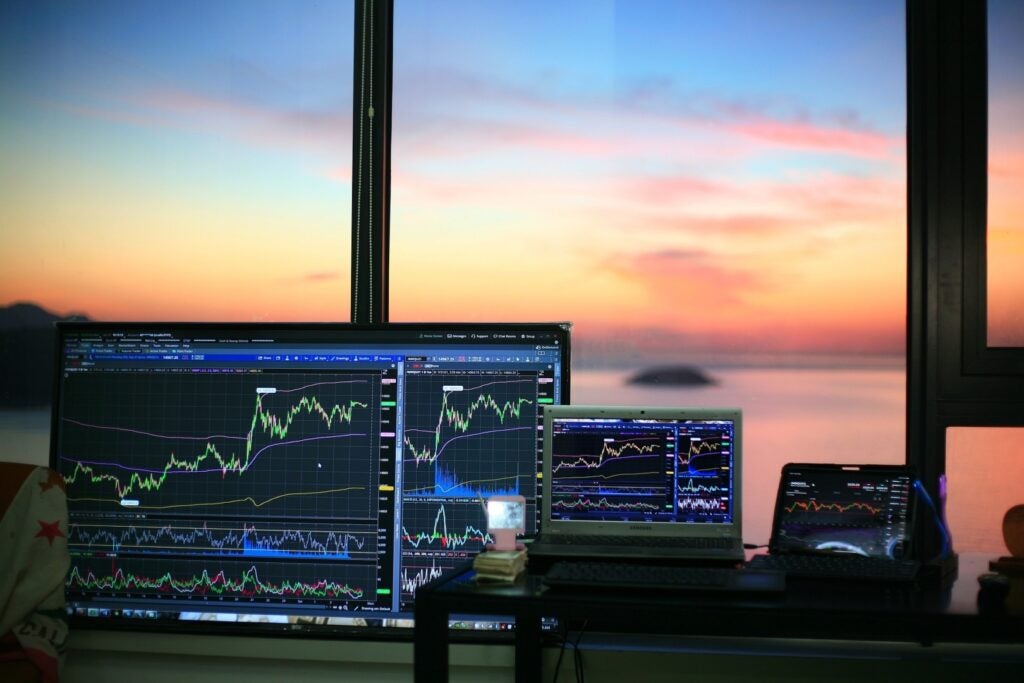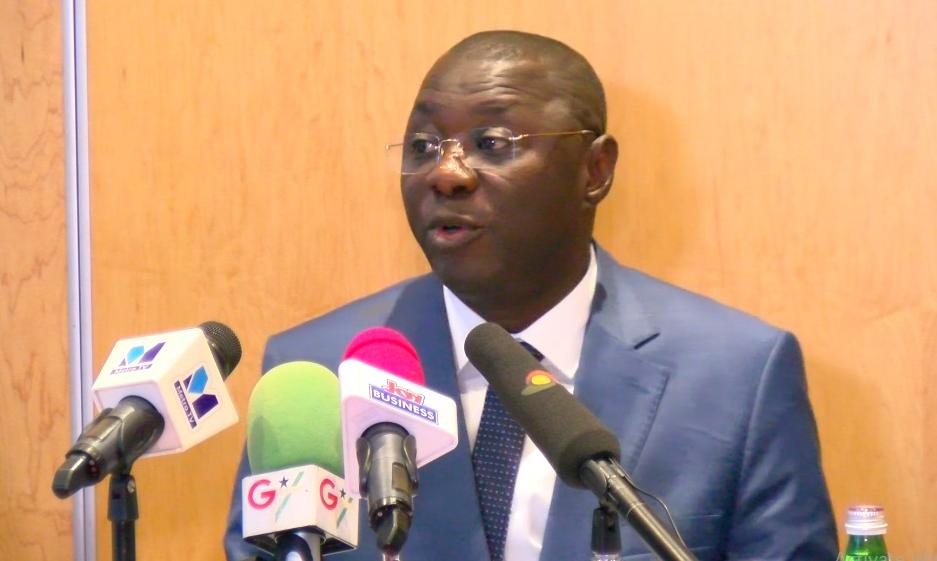- AI needs ‘global governance’, cannot be left to market, UN panel says
- Israeli military strikes Hezbollah as Nasrallah responds to wave of device blasts in Lebanon
- JetBlue to open airport lounges in New York and Boston in battle for big spenders
- From mortgages to auto loans, experts weigh in on when — or if — to refinance as interest rates fall
- August home sales drop more than expected, as prices set a new record
Who Won the U.S. Presidential Debate?
Ray Dalio, Bridgewater Associates co-chairman and co-chief investment officer, speaks during the Skybridge Capital SALT New York 2021 conference. Brendan McDermid | Reuters
As the U.S. Federal Reserve implemented its first interest rate cut since the early Covid pandemic, billionaire investor Ray Dalio flagged that the U.S. economy still faces an "enormous amount of debt." The central bank's decision to cut the federal funds rate by 50 basis points to a range of 4.75% to 5%. The rate not only determines short-term borrowing costs for banks, but also impacts various consumer products like mortgages, auto loans and credit cards. "The challenge of the Federal Reserve is to keep interest rates high enough that they're good for the creditor, while keeping them not so high that they're problematic for the debtor," the founder of Bridgewater Associates told CNBC's "Squawk Box Asia" on Thursday, noting the difficulty of this "balancing act." The U.S. Treasury Department recently reported that the government has spent more than $1 trillion this year on interest payments for its $35.3 trillion national debt. This increase in debt service costs also coincided with a significant rise in the U.S. budget deficit in August, which is approaching $2 trillion for the year.
On Wednesday, Dalio listed debt, money and the economic cycle as one of the top five forces influencing the global economy. Expanding on his point Thursday, he said he was generally interested in "the enormous amount of debt that is being created by governments and monetized by central banks. Those magnitudes have never existed in my lifetime." Governments around the world took on record debt burdens during the pandemic to finance stimulus packages and other economic measures to prevent a collapse. When asked about his outlook and whether he sees a looming credit event, Dalio responded he did not. "I see a big depreciation in the value of that debt through a combination of artificial low real rates, so you won't be compensated," he said. While the economy "is in relative equilibrium," Dalio noted there's an "enormous" amount of debt that needs to be rolled over and also sold, new debt created by the government."
Dalio's concern is that neither former President Donald Trump or Vice President Kamala Harris will prioritize debt sustainability, meaning these pressures are unlikely to alleviate regardless of who wins the upcoming presidential election. "I think as time goes on, the path will be increasingly toward monetizing that debt, following a path very similar to Japan," Dalio posited, pointing to how the Asian nation has kept interest rates artificially low, which had depreciated the Japanese yen and lowered the value of Japanese bonds . "The value of a Japanese bond has gone down by 90% so that there's a tremendous tax through artificially giving you a lower yield each year," he said. For years, Japan's central bank stuck to its negative rates regime as it embarked on one of the most aggressive monetary easing exercises in the world. The country's central bank only recently lifted interest rates in March this year.
















